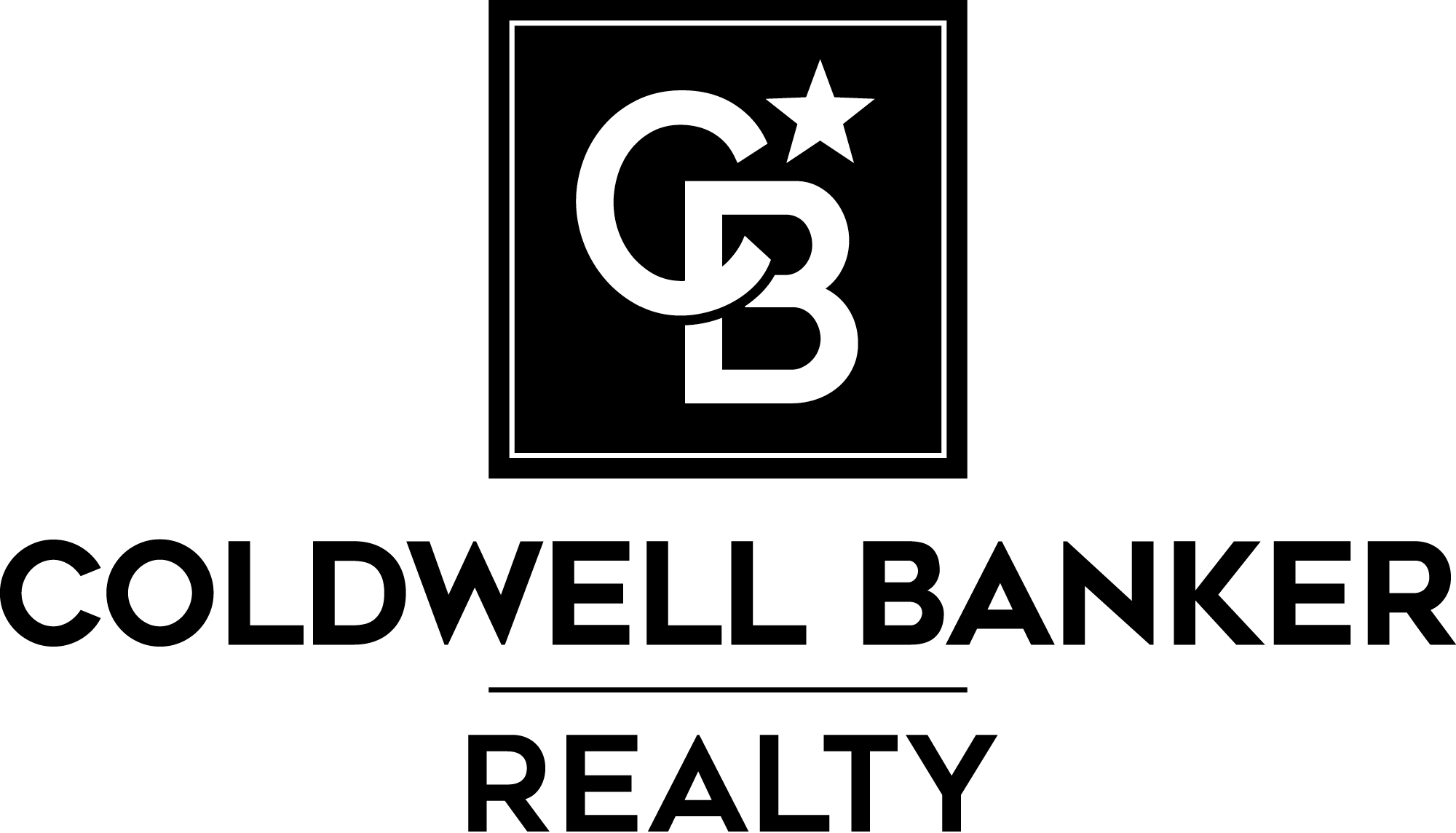The world of homebuying comes with its unique terminology, and two commonly encountered terms are “prequalified” and “preapproved.” These terms play crucial roles in securing a mortgage and purchasing a home, but their meanings might not be immediately clear. Explore the details below to understand how each of these terms can be advantageous as you navigate your home search.

What Does it Mean to Prequalify?
When you undergo the prequalification process for a home loan, you are receiving an approximation of the amount you might be eligible to borrow. This estimation is derived from the financial details you furnish and the results of your credit assessment. Although it lacks the formal endorsement of preapproval, prequalification serves as a valuable initial stage when embarking on your home search. It assists in setting your budget and provides insight into your potential borrowing capacity. This process will also introduce you to the various mortgage options you have to choose from.
Information needed for prequalification includes:
- Credit check
- Income information
- Debts and assets
- Bank account information
- Down payment amount
The prequalification can be completed online, over the phone, or in person. You’ll receive a prequalification lender, which you can use to show an agent or seller that you’re serious about buying. Although it can be helpful, a prequalification isn’t seen as being as serious as preapproval. The lender uses the information you provided and does not verify everything you’ve given them is correct, up-to-date, and comprehensive. Meaning that while you may get a loan for the amount stated, it can also change when a lender does a more thorough check.

What Does it Mean to be Preapproved?
The preapproval process entails a comprehensive assessment by a lender of your income, assets, credit history, and liabilities before determining the amount the amount you are capable of affording. Obtaining preapproval serves as a clear indication to the seller of your genuine intent to purchase their property and your ability to secure a mortgage, enhancing the likelihood of successfully closing the deal. In a competitive real estate market, having preapproval is exceptionally advantageous, as it distinguishes you from other prospective buyers, giving you a competitive edge.
You don’t have to receive prequalification for preapproval. If you know you’re financially prepared to buy, you can decide to move ahead to the preapproval process.
Information needed for preapproval may include:
- Credit check
- Paystubs from the last thirty days
- Bank statements from the previous two months from all accounts
- Investment account statements from the last two months
- W-2 and 1099 statements from the previous two years
- Federal tax returns from the last two years
- Driver’s license
- Social security number
- Total monthly expenses
- Down payment amount
Additionally, if someone is helping you pay for the home, you’ll need a gift letter signed and dated by the individual assisting you.
Once you submit this information to a lender, you should receive their decision within ten business days. If you are preapproved, you’ll receive a preapproval letter informing you of the offer to lend you a specific amount for sixty or ninety days, along with the type of mortgage the lender is willing to offer. Since the lender verifies the information you provided, this is a much more serious step than prequalification.
While you may receive preapproval for a mortgage, it’s important to remember it does not guarantee a mortgage. If there is a change to your income, assets, or debt level before the closing date, a lender may decide to deny the loan.
Prequalification and preapproval are just a part of the mortgage application process. Check out this list of nine things to consider before and during this critical part of the journey to finding your next home.
For more information, feel free to contact me anytime.

 Facebook
Facebook
 X
X
 Pinterest
Pinterest
 Copy Link
Copy Link




